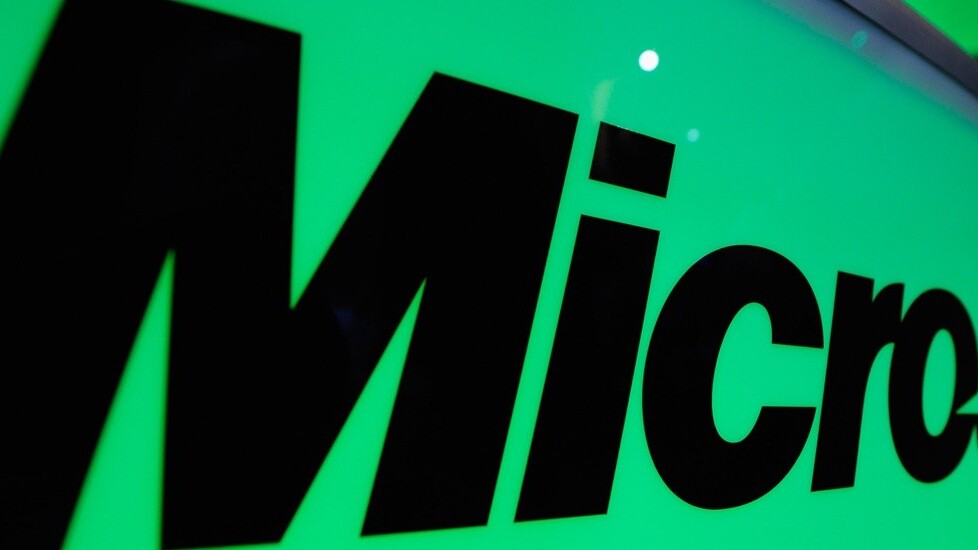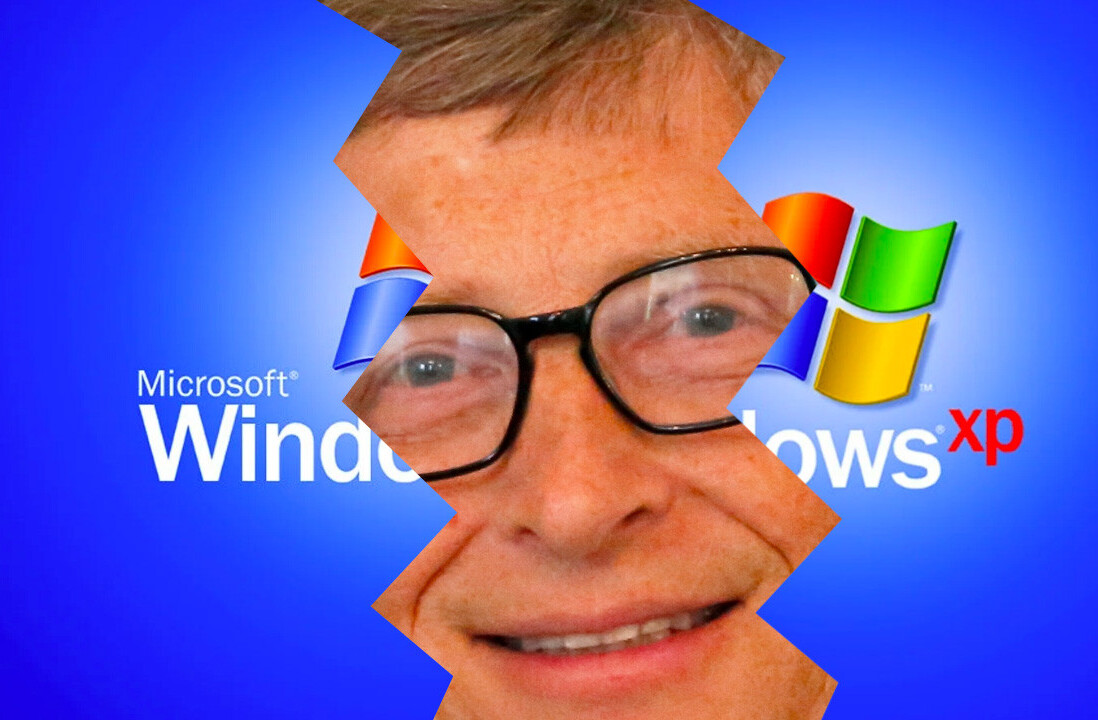
Microsoft has lashed out at the FTC’s antitrust probe of Google’s business calling the investigation “a missed opportunity” that will see “serious competition law concerns remain” in the search and mobile industries thanks to the FTC’s “weak” resolution.
In a lengthy blog post (spotted by The Verge), Vice President and Deputy General Counsel Dave Heiner points to a series of areas where Microsoft believes that the organization did not adequately take action. Heiner calls the process behind the report “troubling”, claiming that the FTC did not communicate its plans with the search industry, nor did it secure it through an “enforceable consent decree”.
Heiner says Microsoft is both “puzzled and concerned” that the FTC did not reach out to the company and Google’s other search competitors to get feedback on the proposed changes that Google agreed to implement. The FTC announced that Google agreed to various changes to its business practices, including the stoppage of what the organization calls its “problematic business practices relating to search advertising”, but Microsoft says that other key issues have not been addressed.
“Google inexplicably has not promised to allow all advertisers to port their campaign data to other ad platforms—only those with a primary billing address in the United States. But many firms based outside the United States advertise in the United States. What basis is there for excluding them from the protection embodied in Google’s commitments? Nor is it clear that Google has even promised to eliminate all of the contractual restrictions that had the effect of blocking data portability. And Google’s promise does not include language standard in antitrust remedies that would prevent it from circumventing its promise by other means.”
Microsoft also takes a dig at Google for its patent abuses, after the FTC ordered Google to stop excluding competitors from licensing Motorola’s standards essential patents:
Google promised the standards community that it would make its standard essential patents available to all firms on fair, reasonable and nondiscriminatory terms. But then Google sought exorbitant royalties from firms implementing industry standards—rates as high as a thousand times those charged by others with larger patent portfolios reading on the same standards.
The FTC found Google guilty of using FRAND patents to take legal action and Microsoft believes that the new terms will allow Google to continue to use ‘standards essential’ patents as threats during patent negotiations. Furthermore, the Redmond firm is “disappointed” that the organization accepted “less relief” from Google than Microsoft and Apple gave to the Department of Justice, and Bosch gave the FTC in December.
There is also further concern that the FTC has not addressed Microsoft’s claim that Google is not allowing it to develop a ‘high-quality’ YouTube app for its Windows Phone platform, while the company says Google’s search engine will continue to showing bias to its own services ahead of rivals.
We know that Google routinely and systematically heavily promotes its own services in search results. Is Google+ really more relevant than Facebook? Are Google’s travel results better than those offered by Expedia, Kayak and others? We also know that Google ranks shopping results (the most important category commercially) in part on the basis of how much advertisers pay to Google for placement, after very publicly promising that it would never do so. This does not sound like product improvement.
In closing, Heiner cites Google’s own blog post announcing the FTC decision — which includes the phrase “The conclusion is clear: Google’s services are good for users and good for competition” — as evidence that its rival is unlikely to change many of the practices that others deem unfair, despite the closing of the investigation.
In other words, there appears to be no reason, despite the FTC’s optimistic statements this morning, to believe that Google recognizes its responsibilities as an industry leader. That is certainly consistent with the lack of change we continue to witness as we and so many others experience ongoing harm to competition in the marketplace.
Antitrust investigations remain ongoing in Europe, where Vice President Almunia has repeatedly stressed that the EU will not be hurried into a decision. Microsoft says it remains hopeful that other agencies will “address the serious competition law concerns that remain”.
Some might say that the fact that Google spent a reported $25 million lobbying the FTC has helped it curry favor with the organization, and the result was certainly more lenient and revolutionary than many had expected.
Understandably, Microsoft has a lot to say on matter, and we’d recommend you visit the post itself for the full details.
We’ve reached out to Google to see if the firm has any comment in light of Microsoft’s response.
Headline image via Kevork Djansezian/Getty Images
Get the TNW newsletter
Get the most important tech news in your inbox each week.





